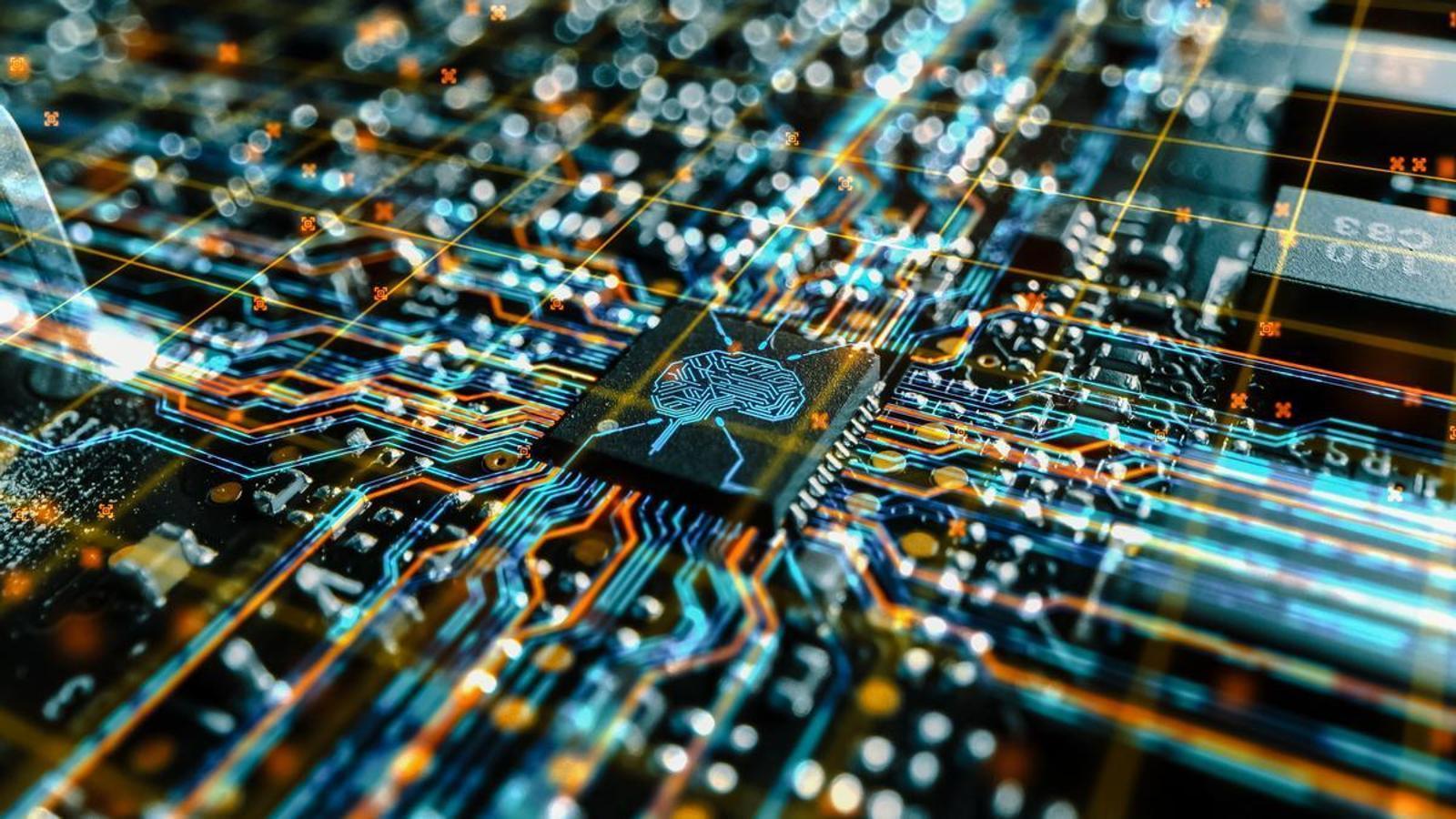

The technological innovations we conventionally call disruptive are so because they end up profoundly affecting all sectors of the economy. They make some sectors cheaper to use. input key and widely used, such as electricity, or induce drastic transformations in the way of producing, such as digitalization or artificial intelligence (AI). The term disruptiveHowever, it emphasizes an undeniable fact: the economy does not suddenly and fully adapt to new technology. Perhaps because only practical experience can indicate how to adapt, perhaps because adaptation is costly and takes time, or perhaps because awareness of the new technological reality is not immediate. In any case, new technology generates uncertainty, crises, and moments of suffering. But, in my opinion, if it represents the possibility of substantial economic improvement, it will eventually prevail, either through the drive of businesses or through government initiatives. Whether disruptions will slow or accelerate the adaptation process is another matter.
The experts will tell us whether the great blackout was an example of disruption linked to the introduction of a new technology: renewable energy. If so, the dilemma will be whether to slow adaptation (by limiting the growth of solar and wind energy) or accelerate it (by adapting the grid—hardware and software—to the massive uptake of solar and wind power). I hope it can be the second.
Today I'll focus on another disruptive technology: AI. I recommend Sala i Martin's latest book. To be specific, I imagine how the process of adapting to the proliferation of lies might unfold.fake news – on social media.
The basic human tendency is to give credibility to what is read or seen. Skepticism is a very common feeling, but it is derived from learning. In the subject of fake news A key question is whether socially, the reaction to new information is dominated by credulity or skepticism. If I see my neighbor walking a tiger—and I haven't eaten any mushrooms—I'll have to believe it. If I were into photography and mentally lived in the era in which photography—in contrast to drawing—was a technology that transmitted an image actually seen by someone, then I would immediately believe it. But if, on the other hand, I'm already very accustomed to modern AI, I'm immediately a serene skeptic. On the internet, moreover, we all care about how others interpret the messages that affect us. The impression I receive from an online image in which I do something bad (or shows me naked) will be radically different if users are skeptical—and I know they are—than if users are credulous. If skepticism is widespread, the message will go unnoticed.
It seems almost obvious to me that a world where everyone uses social media with a skeptical, not a credulous, conscience is better. A conviction: we are transitioning from a regime of general credulity to general skepticism. This is good, and if we can accelerate it, all the better.
A regime of general skepticism should not, however, lead us to a world where the prevalence of lies nullifies the potential of the networks. It is logical to think that users will seek truths and, therefore, will trust "accrediting entities," whose manifest purpose is to transmit only truths. Now, "manifest" is not the same as "authentic." When the manifest purpose is authentic, I will call the accrediting entity serious. An Institute for Advanced Studies in Creationism would not be serious.
The vigor of serious accreditors is essential to having a network that is useful and, I would add, promotes democracy. The reason I believe the skeptical regime is better than the credulous one, and the quickest route to recovering a useful network, is because serious accreditors will have an easier time if their task is to accredit the truth rather than debunk lies. After all, they have the truth on their side.
We will find serious accrediting bodies among universities, research organizations, academies, or, last but not least, the best press. In the US, the role that the press has today New York Times It's crucial. It's important to preserve these institutions and ensure they remain as independent as possible. This is a significant economic challenge, which in the case of the press is acute and makes us wish that the collective awareness of its role would translate into financial support. Otherwise, we'll be sold out.
